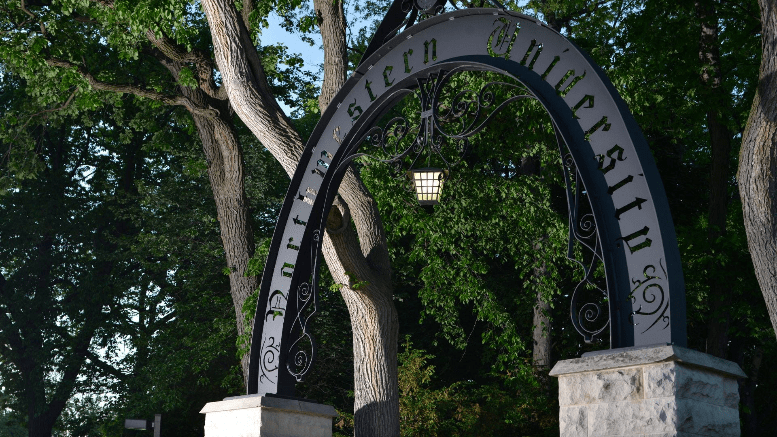Two academic panels composed of Northwestern University faculty will convene to discuss contemporary topics of importance in higher education — biomedical science and engineering and freedom of expression — in the days leading up to the inauguration of President Michael H. Schill.
On May 30 and June 1, Provost Kathleen Hagerty will deliver introductory remarks, and live streams will be available on the inauguration website for those who cannot attend in person. Both events are free and open to the Northwestern community. In-person attendance is limited; register to attend in person by May 24. Information about the two panels and Weinberg College panelists follows.
The New Frontiers of Biomedical Science and Biomedical Engineering
Tuesday, May 30, 4 p.m.
Hughes Auditorium, 303 East Superior Street, Chicago Campus
From advances in artificial intelligence to the quest for longevity and the fountain of youth, to regenerative medicine and the promise of bioelectronics, Northwestern’s scientists and clinicians are making breakthroughs that advance health care beyond the individual patient. This panel will explore these innovations and consider what the future holds for scientists working to enhance the quality of human life. Learn more about the panel on the New Frontiers of Biomedical Science and Biomedical Engineering.
Moderated by Eric G. Neilson, dean of the Feinberg School of Medicine, the panel will feature the following faculty panelists:
- Shana O. Kelley, Weinberg College – Neena B. Schwartz Professor of Chemistry and Biomedical Engineering
The Kelley research group works in a variety of areas spanning bio analytical technology development and has pioneered new methods for tracking molecular and cellular analytes with unprecedented sensitivity. Kelley’s work has been recognized with the ACS Inorganic Nanoscience Award, the ACS Arthur Doolittle Award, the Pittsburgh Conference Achievement Award, the Steacie Prize, an Alfred P. Sloan Research Fellowship, a Camille Dreyfus Teacher-Scholar award, a NSF CAREER Award, and a Dreyfus New Faculty Award. She was also named a “Top 100 Innovator” by MIT’s Technology Review. - John Rogers, McCormick – Louis Simpson and Kimberly Querrey Professor of Materials Science and Engineering, Biomedical Engineering, and Neurological Surgery
Professor Rogers has invented over 80 patents and patent applications, more than 50 of which are licensed or in active use by large companies and startups that he has co-founded, including Active Impulse Systems, Semprius, MC10, CoolEdge, XCeleprint and Transient Electronics.
Free Expression, Academic Freedom and Higher Education
Thursday, June 1, 3 p.m.
Cahn Auditorium, 600 Emerson Street, Evanston Campus
Northwestern is a haven for intellectual exchange and academic freedom. We treasure the sparks of innovation that ignite from collisions across differences. But such collisions —spanning disciplines, backgrounds and worldviews — sometimes create conflict. This panel will consider how we can manage such friction in ways that harness the power of difference for the benefit of all. Learn more about the panel on Free Expression, Academic Freedom and Higher Education.
Moderated by Eli J. Finkel ’97 of Weinberg College and the Kellogg School of Management, the panel will feature faculty panelists from Weinberg College of Arts and Sciences:
- Mary Pattillo, Weinberg College – Harold Washington Professor of Sociology and Black Studies
Mary Pattillo’s areas of interest include race and ethnicity, urban sociology, inequality, housing, education, criminal legal studies, Black communities, and qualitative methods. As of 2016, she has served as Director of Undergraduate Studies in Black Studies (formerly African American Studies) and has been a Faculty Associate in Northwestern’s Institute for Policy Research since 2004. - Alvin B. Tillery Jr. Weinberg College
Tillery’s research and teaching interests are in the fields of American politics and political theory. His research in American politics focuses on racial and ethnic politics, American political development, and social movements. His research in political theory focuses on American political thought and critical race theory. His book Between Homeland and Motherland: Africa, U.S. Foreign Policy and Black Leadership in America (Cornell University Press, 2011) won the W.E.B. Du Bois Distinguished Book Award from the National Conference of Black Political Scientists. Professor Tillery is the Founding Director of the Center for the Study of Diversity and Democracy.
Read the full story on Northwestern Now.

